Introducing Positive Periods: A Campaign for Better Access to Menstrual Products
We did it!
Led by Dignity co-founder Jacinta Gulaskeharam, Positive Periods was a powerful campaign driven by passionate advocates committed to making period products more accessible and for the government to provide free period products in schools.
Our mission was clear: we wanted to ensure that no student in Aoteroa faced period poverty and missed out on getting an education. Our research shed light on the prevalence of period poverty in schools and its detrimental impact on students' education and well-being.
In 2019, we took a significant step forward by presenting a comprehensive discussion paper outlining the compelling reasons for free period product provision in schools. The paper highlighted the associated costs, global movements, and local research, all pointing to the urgent need for universal access to these essential items.
In 2021, we celebrated our success, as the government took action, rolling out free period product provision to public schools and kura across Aotearoa.
Why did we do it?
Period Poverty is defined as “Poor menstrual knowledge and access to sanitary products”. Various research studies in New Zealand have uncovered the prevalence of period poverty within schools and the impact upon students of not being able to attend school due to lack of access. In decile one schools, 14% of students, were missing school, more than once a month, due to not having access.
We believed the best long-term solution to this would be the consistent, universal provision of period products in New Zealand schools. We believe that universal access will ensure no students’ feel the shame, stigma or embarrassment of not having access or funds to purchase these items. This means New Zealand takes the eradication of period poverty seriously.
Who was part of our amazing Advocacy Team

How did it all go down?

The values that guided us
Māramatanga: means understanding or insight. We believe in the right for all menstruating people to have an informed understanding of their bodies through enhanced education and access to a range of menstrual products with cost being removed as a barrier.
Kotahitanga: means to act as one, and often refers to the value of community. In order for this initiative to be successful, we believe we need to engage people with the capacity to create change, as well as people who we are aiming to assist through this project. That includes maintaining those relationships and connections with care, respect, kindness, and integrity.
Manaakitanga: means showing respect to one another. We can do this by recognising that some individuals – outside of facing socioeconomic deterrents– face other oppressive institutions that deepen their discrimination and access to menstrual products, such as ableism or transphobia. We strive to keep this kaupapa (issue, cause) inclusive of people with periods from a variety of experiences, backgrounds and life contexts.
Kaitiakitanga: means guardianship and often refers to guardianship of the environment. There are many sustainable options for menstrual products on the market, for example organic biodegradable products or reusable menstrual cups and cloth pads. By tackling period poverty, we believe we can supply students with sustainable menstrual products thus being much kinder to our landfills and oceans.

Government Provision of Period Products to Schools
From June 2021, the government has begun providing access to free period products to schools and kura and dedicated funding until 2024. Initially they will provide pads and tampons to over 1,900 schools that have opted into the programme.
Dignity is proud to have been a key player in the positive periods campaign. The campaign began back in 2019 with a discussion paper on Period Poverty in New Zealand. Research presented by Youth19 NZ showed that of the 7,700 young people with periods they surveyed, 13% said they found it difficult to get menstrual products. The number was closer to 20% of Maori and pacific people. The data also showed that one in ten students with periods miss school because of it. Many schools believed a government led, community involved initiative to reduce or remove the cost of sanitary items would be beneficial to finding a sustainable solution to period poverty.
The proposed recommendation was: Free organic pads, tampons, menstrual cups and period underwear to be provided in all New Zealand primary, intermediate, secondary schools and tertiary institutions. Compulsory menstrual health education, with the amount provided determined from the decile rating of the institution.
Dignity was invited to formally present a petition to parliament housing 3105 signatures gained within a 90 day period advocating for 500,000 menstruating students in Aotearoa. The petition stated that periods should never be a barrier to these students' education and called for government action.
As a result of the positive periods campaign in 2019 and 2020 the Government pledged $2.6m of funding for period products in schools for the 2020/21 year.
In March 2021 Minister Jan Tinetti announced further funding had been provided to roll provide period products for a further 3 years until June 2024.
Dignity is committed to continuing to work to provide the choice of sustainable products, including organic initiative pads, tampons and menstrual cups, and AWWA period proof underwear through this transition to schools who request them.
Period poverty in New Zealand is a complex issue and stretches beyond schools. The government rollout will reduce some demand from schools so we are able to support more community groups who are also in need of period products. Giving us the ability to actively support the 80 community organisations including: food banks, Public libraries, Dress for Success, Wellington city mission and many more, giving to those without access.
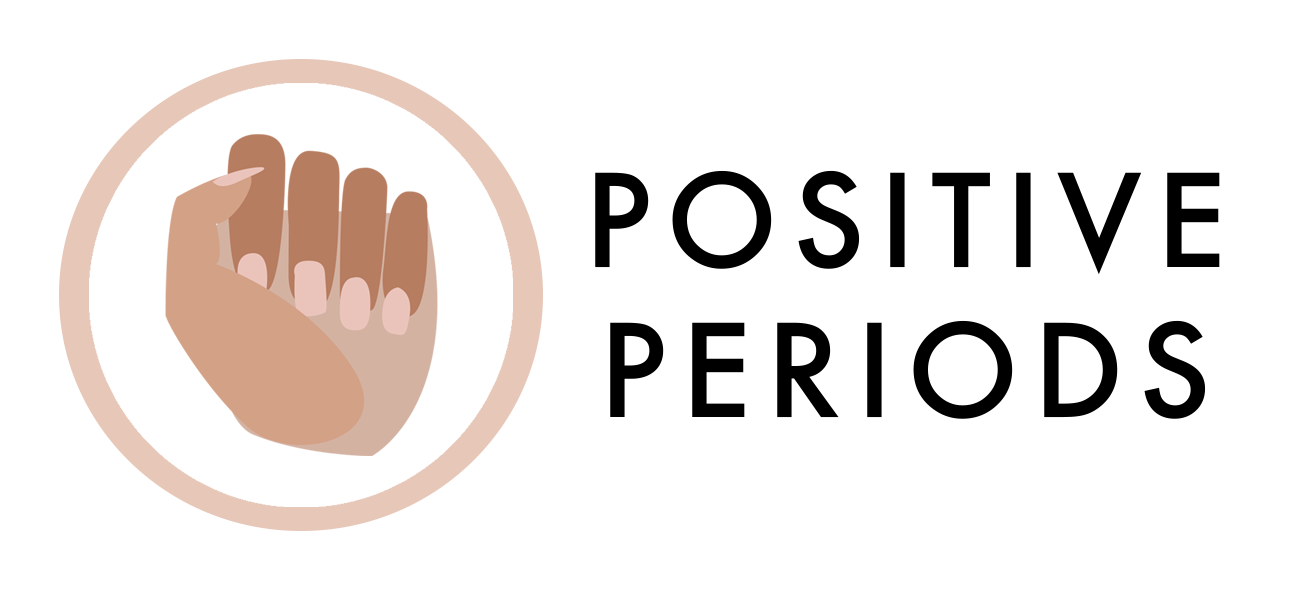
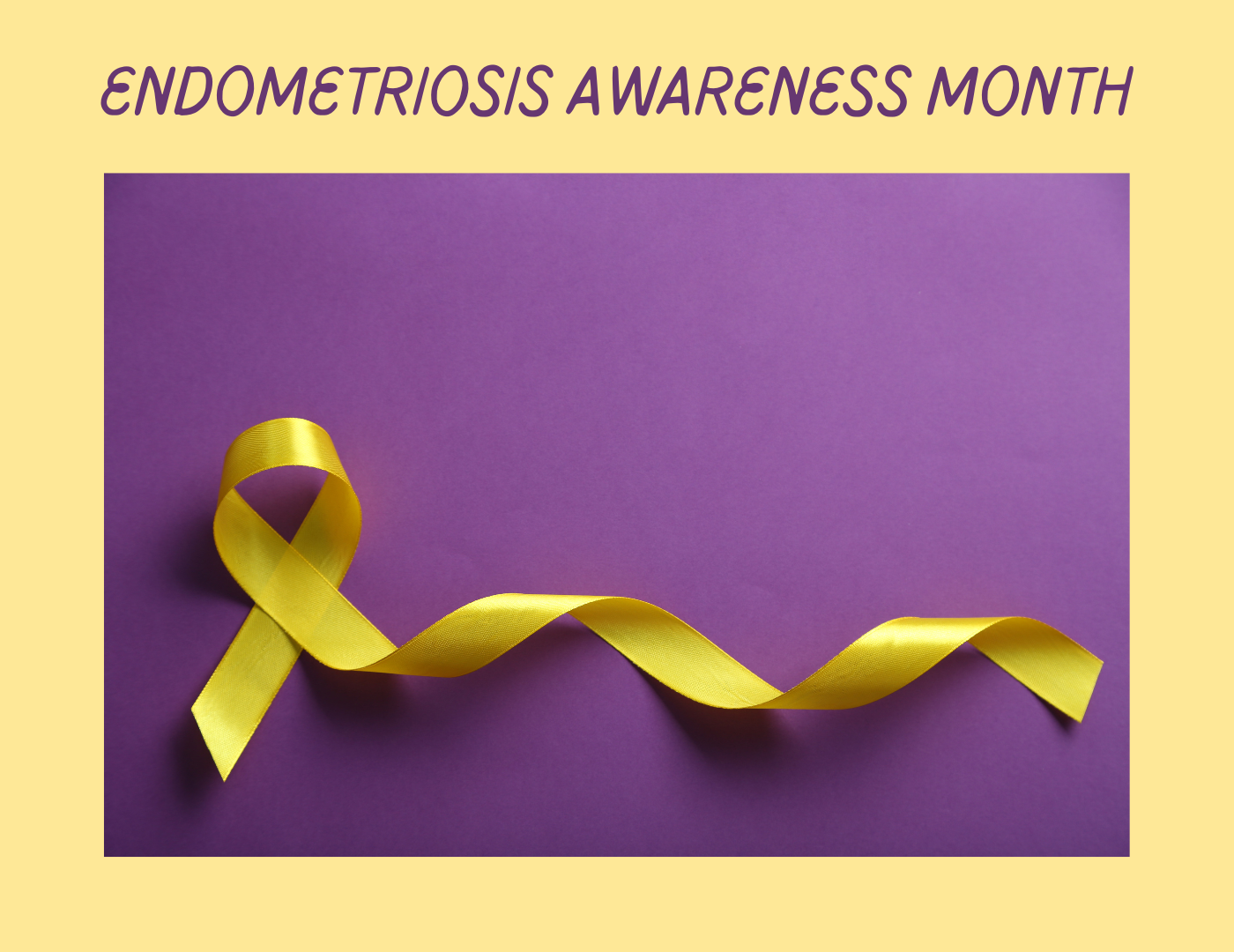
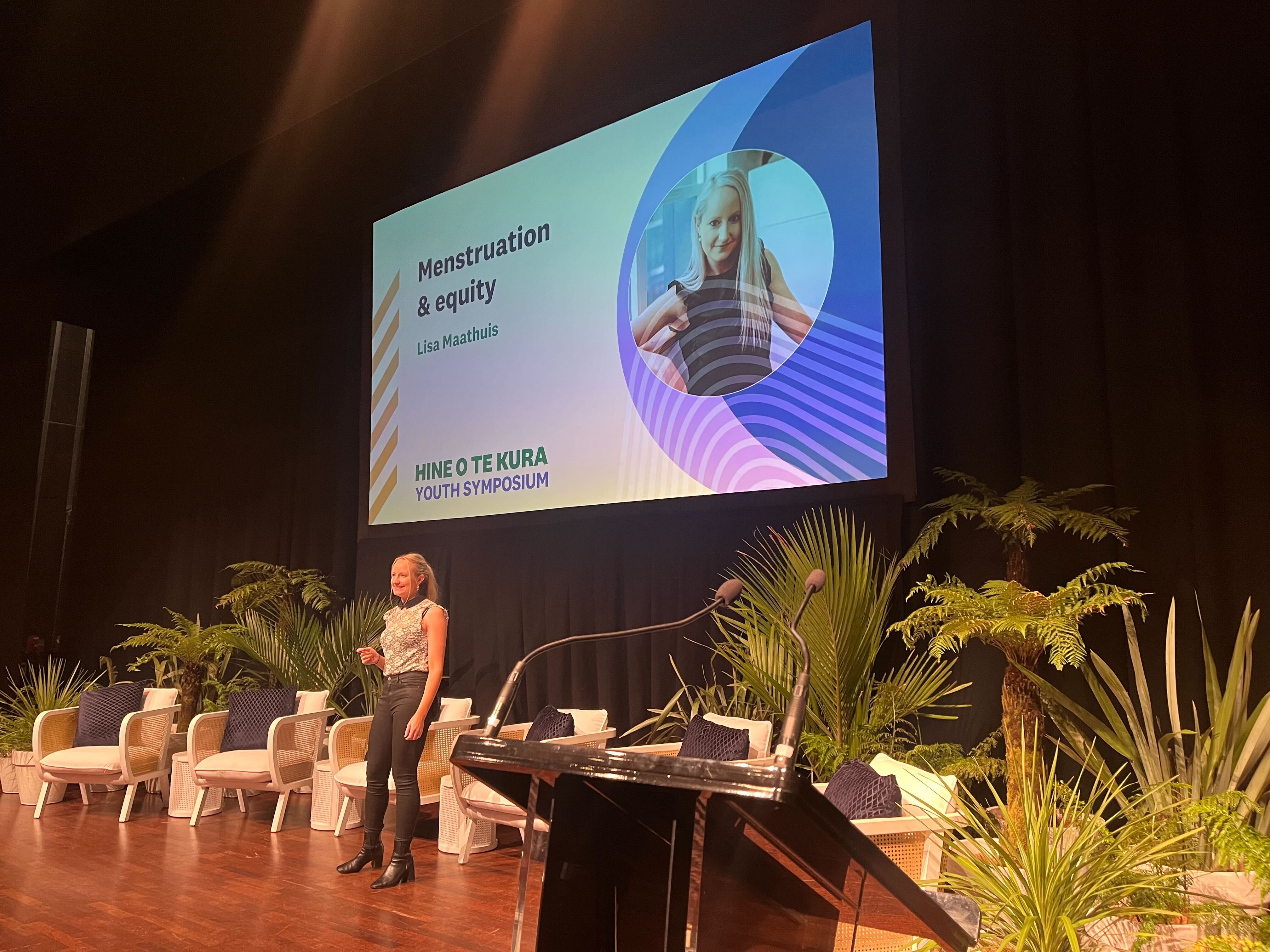

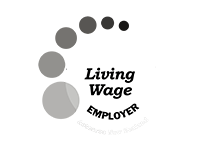


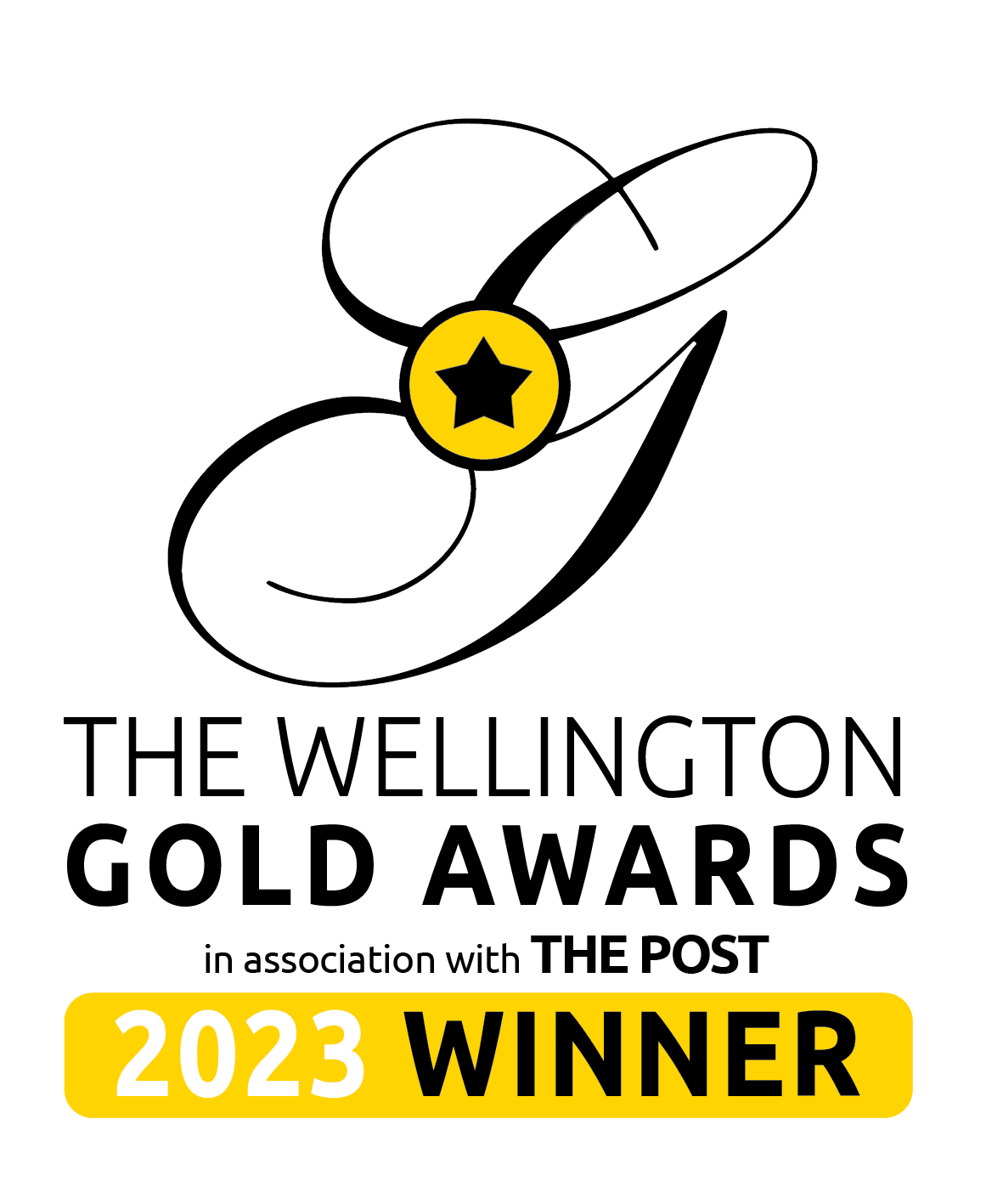
Leave a comment
This site is protected by hCaptcha and the hCaptcha Privacy Policy and Terms of Service apply.